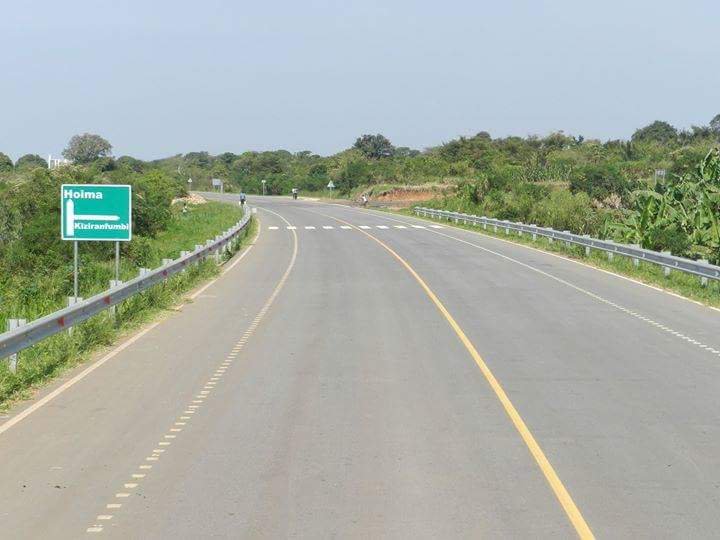A newly published study funded through the US State Department estimates that at least 382,900 South Sudanese have died as a result of the country’s five-year civil war.
That finding far exceeds previous estimates of South Sudan’s death toll, with the United Nations, for example, reporting in 2016 that the conflict had killed about 50,000 people.
Fatalities in the range of 400,000 South Sudanese the country’s civil war are comparable to the 510,000 deaths attributed to the fighting in Syria.
The estimated death toll would have a proportionately greater impact on South Sudan, which is currently home to about 10 million people, than on Syria, with a population of about 18 million.
The study carried out by the London School of Hygiene and Tropical Medicine suggests that direct violence accounted for about half of the estimated 382,900 lives lost. Disease and starvation stemming from the war are said to have caused most of the remaining deaths.
“We think, however, that the true number may be considerably higher,” cautions the team at the London School of Hygiene and Tropical Medicine that conducted the study.
The death toll was concentrated in the states of Jonglei, Unity and the Equatorias, with the highest number of fatalities occurring in 2016-2017, the study says.
The school’s investigators analysed mortality data for South Sudan since the start of the civil war in December 2013 and until April of this year.
Statistics were compiled from media reports and about 200 surveys by humanitarian groups operating throughout South Sudan. Researchers built a statistical model based in part on the intensity of the armed conflict.
Gordon Buay, deputy chief of mission at the South Sudan embassy in Washington, said the estimate of 382,000 deaths is “not accurate.”
“If you included disease and everything, it would be less than 20,000,” Mr Buay told the Washington Post in a report published on Wednesday.





